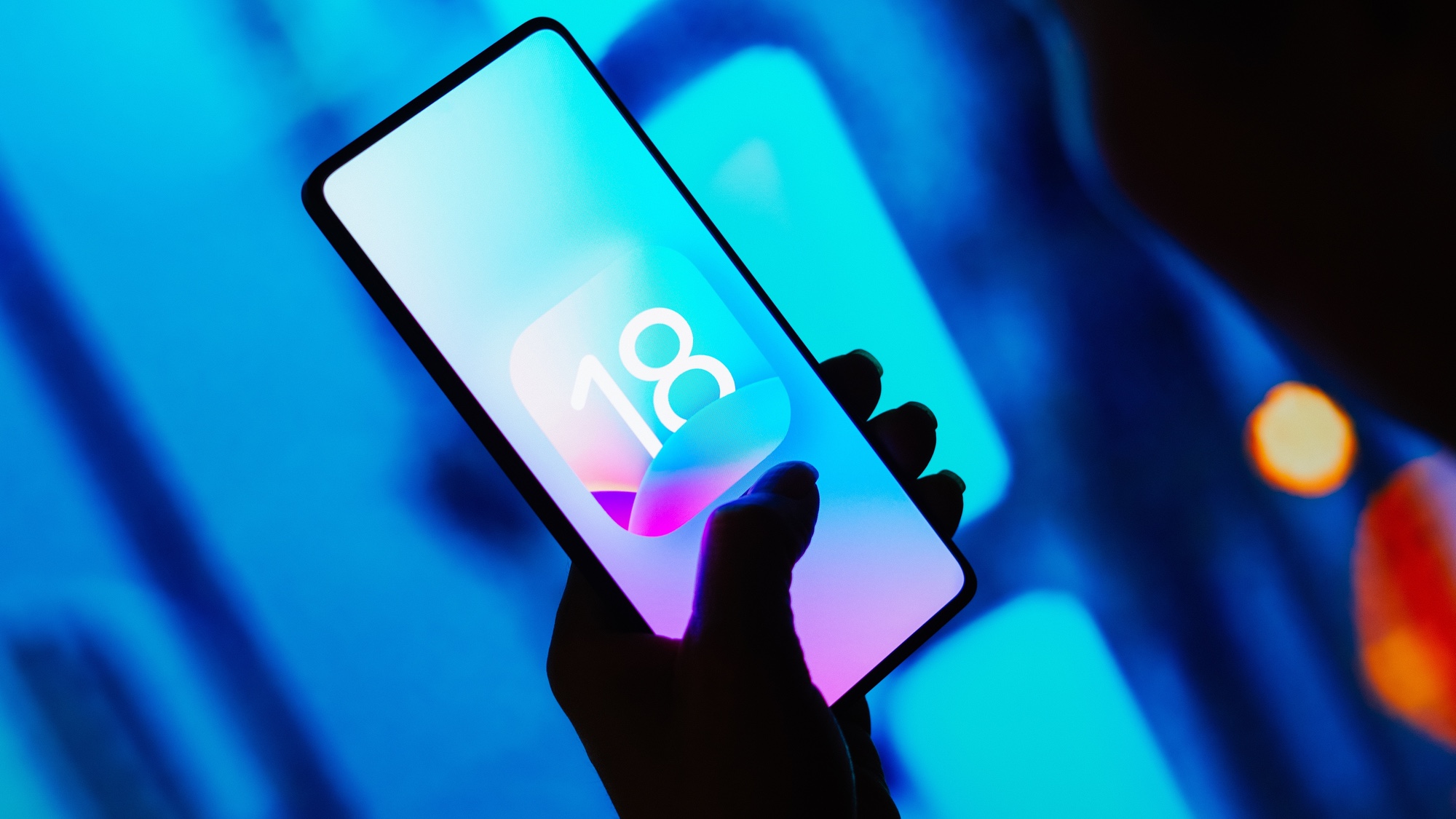
If you bought an iPhone XR back in 2018, you might be fretting that this fall's iOS 18 release might be the software update that finally forces an upgrade. After all, Apple typically drops support for phones after five years of software updates.
But a new report suggests that might not be the case. According to an anonymous X account that's said to have a good track record with iPhone-related leaks, iOS 18 support will include the same iPhones that can currently run iOS 17. That means devices released in 2018 — the iPhone XS and XS Max in addition to the iPhone XR — will live to fight another year.
We'd love to point you to the X/Twitter account in question, but it's a private one, and the post has subsequently been deleted. However, MacRumors spotted the post before it disappeared and notes that the poster also has a track record for removing posts that nevertheless turn out to be accurate.
Assuming all that is solid enough support evidence for you, that means the following iPhones will be able to upgrade to iOS 18 when the software arrives later this year. (We'd assume iOS 18 will come pre-installed on Apple's new iPhone 16 models as well.)
- iPhone 15, iPhone 15 Plus, iPhone 15 Pro, iPhone 15 Pro Max
- iPhone 14, iPhone 14 Plus, iPhone 14 Pro, iPhone 14 Pro Max
- iPhone 13, iPhone 13 mini, iPhone 13 Pro, iPhone 13 Pro Max
- iPhone 12, iPhone 12 mini, iPhone 12 Pro, iPhone 12 Pro Max
- iPhone 11, iPhone 11 Pro, iPhone 11 Pro Max
- iPhone XR
- iPhone XS, iPhone XS Max
- iPhone SE (2022) and iPhone SE (2020)
It's not unprecedented for Apple to include six-year-old devices among the supported iPhones for an iOS update. Two years ago, the iOS 15 update included support for the original iPhone SE, a device that debuted in 2016. It's also worth remembering that just because a device can run one of Apple's software updates, not every feature will work on older phones, as some require more recent chipsets.
That could well be the case with iOS 18, which is rumored to be leaning into AI-powered features that may require a lot of processing power. It's possible some of those AI capabilities could turn to the cloud instead of on-device processing power, though.
As for the iPadOS 18 update that will launch at the same time as iOS 18, not every currently supported device could make the cut. According to a separate MacRumors report, that same X/Twitter account says that iPads running on the A10X Fusion chip won't be able to upgrade to the new version of iPadOS coming out this year. That would leave the first-generation 10.5-inch iPad Pro and second-generation 12.9-inch iPad Pro out in the cold. It would also spell the end of support for A10 Fusion-powered tablets including the sixth- and seventh-generation iPads.
Keep in mind that none of this is official, as we won't know Apple's official support plans until the release of the iOS 18 and iPadOS 18 betas. That figures to happen at WWDC 2024, Apple's developer conference, which we'd expect to take place in June.







